Call for Abstracts – Cultural Development and the Future of Cultural Policy (ARSUM25)
 |
 |
INTERNATIONAL CONFERENCE
15-16. April 2025. Kotor, Montenegro
English & Montenegrin (ex-Yu languages, Serb/BiH/Cro)
Recent cultural policy developments in East European have taken place within the shift into a digital and globalised political economy and culture. In the second half of the twentieth century, this process of policy development can be analyzed through the lens of modernity and a process of modernization which, rather than being disrupted by authoritarian state socialist regimes was, in contrast, intensively pursued (Rindzevičiūtė, 2021). This has led the countries of the former Yugoslavia, including Montenegro, to follow Western policy processes and to adopt similar instruments and systems in their own policy frameworks (REF). Alongside the policy transfer process as a direct application of instruments and tools, many Balkan countries have also experienced multi-decade long processes of “soft” or “indirect” policy transfer through the active processes of Europeanisation exercised mainly via the EU pre-accession (IPA) instruments (2006).
These processes of cultural development have taken place alongside various international programs to create new and diverse forms of cultural diplomacy, cultural exchange and models of international cultural cooperation. Yet the ways in which these cultural policies function across institutional, political and social paradigms has received little attention. As Outhwaite and Ray (2005) discuss in their work on social theory, whilst it may be the case that ‘we are all postcommunist now’, this is not the ideological demobilization of what Habermas called ‘the exhaustion of utopian energies’, but rather the sense that the EU – and Europe more broadly – have been radically and irrevocably transformed by what the processes of European integration and development. This conference provides an opportunity to critically reflect on these themes and processes of policy development and transfer and to find optimal frameworks for strengthening and directing future cultural policy.
By highlighting the developmental issues of the Balkan regions and engaging in dialogue with cultural policy discourse in Western Europe and further afield, the conference aims to introduce a broader form of joint reassessment of the principles underpinning the current European cultural policy environment. To bring academics, funders, policymakers, artists and managers into a broader dialogue, the conference is designed as a multi-disciplinary platform and includes a number of sessions addressing topics of concern to the sector. This includes a specific focus on the tension between organizational culture (within the bounds of the institution) and the broader civic ambitions necessary for any future articulation of cultural policy.
Conference Themes:
- European cultural policy development
- Models and methods of cultural policy transfer
- International cultural cooperation and policy development
- Cultural diplomacy and cultural exchange
- The role of cultural value(s) in policymaking
- Organizational culture, managerial ideology and the dominance of instrumental values
- Creativity and Innovation in the service of organizational change
- Cultural awareness (cross-cultural competence)
- Cross-cultural narratives in cultural policy
- Global vs. Local: experiencing globalization through policy
- Cultural democracy and social justice
- Power, public management and cultural policies
- Development of cultural institutions and governance of culture
- Subsidy for the arts and public financing alternatives
- Cultural worker, status of the artist and socioeconomic conditions of culture
- The role of civil society organizations in the cultural life of societies
- The future of cultural policy
These are just some of the issues that this event would like to address with invited guests and participants. We warmly welcome submissions which explicitly adopt a trans and/or inter – disciplinary approach. The workshops and panels will be in English and will be organized according to the submissions received during the open time of this call.
Key dates
Submission of proposals: 20 December
Organizing team response: 17 January
Final schedule publication: 17 February
Registration and confirmation of attendance: 17 March
Publication of Special Issue: second half of 2025 (TBC)
Cultural Trends
Cultural Trends, a peer-reviewed international journal (AHCI and SSCI), provides in-depth analysis of the cultural sector and cultural policy. It offers timely investigations into key issues in the arts, culture and creative sectors, and critically engages with ongoing policy debates from interdisciplinary and international perspectives. The journal champions methodological rigour and is keen to comment on evidence used for policy making, but it values quantitative and qualitative approaches equally. It serves as a platform to reach a broad audience and research communities worldwide and communicate with both cultural practitioners and policymakers.
https://www.tandfonline.com/journals/ccut20
Proposal categories
Short papers (approx. 3000 words).
Generally, the short paper format should be used for presenting work in progress.
Full papers (approx. 6000-8000 words)
For the presentation of completed academic research. Only full papers will be considered for inclusion in the Cultural Trends Special Issue.
Panel proposals
Panels are expected to be based on discussions and active exchange of ideas rather than being sessions consisting of a series of paper presentations. Panels should involve between three and five
speakers.
Submission of Proposals
Proposals must be written in English and should not exceed 500 words (excluding the reference list) and should include the following:
- Author(s)/Panellists and affiliation(s)
- Keywords x5
- Research questions that the paper/panel will address
- Methodological approach
- Results
- Description of what is original about the research/panel discussion
Proposals should also include a biography for each speaker (maximum 150 words per person)
Please send your proposal to conference@unimediteran.net by 20 December 2024 (until 11:59 p.m. CEST).
For more information, please contact:
Nataša Kraljević
UNIVERZITET MEDITERAN PODGORICA
natasa.kraljevic@unimediteran.net

